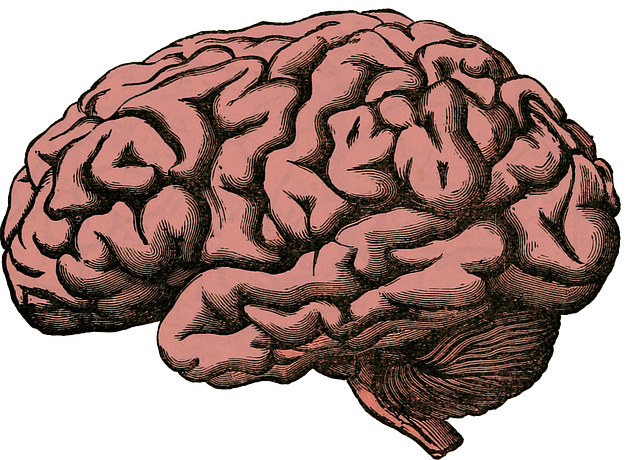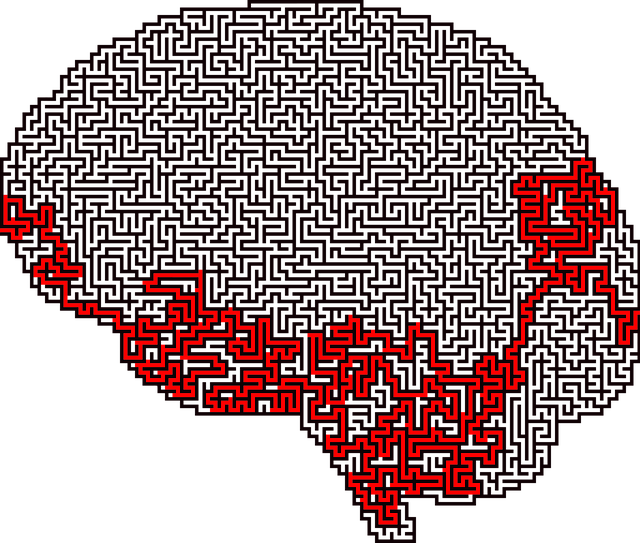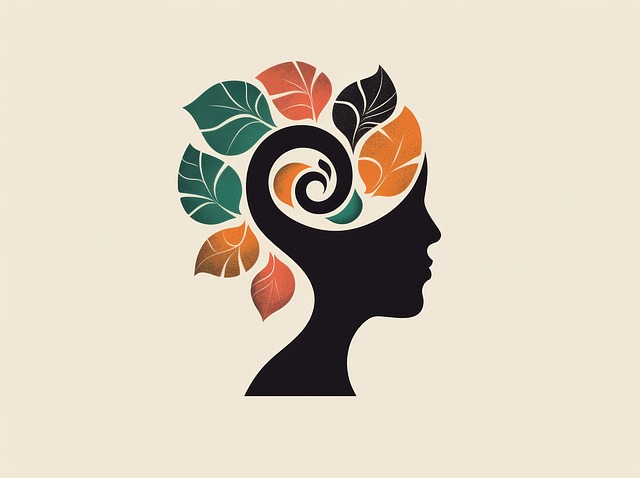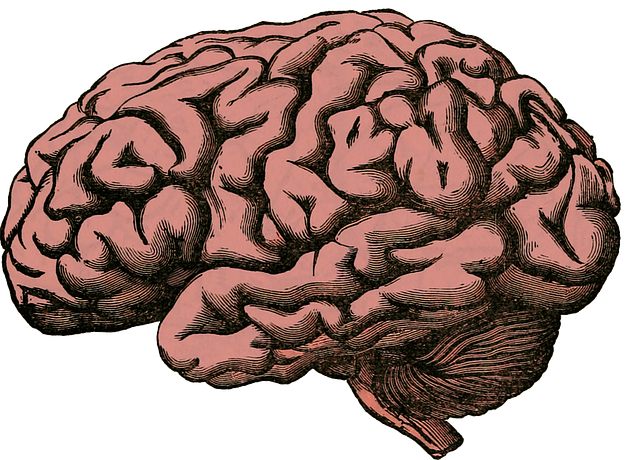In today's diverse workplaces, cultural sensitivity is key for mental healthcare professionals addressing therapy for workplace issues and job stress. By recognizing and valuing employees' unique backgrounds, values, and beliefs, therapists create inclusive environments encouraging open communication about mental health. This fosters improved well-being, productivity, and job satisfaction. Tailored education programs, crisis interventions specific to diverse communities, and Mind Over Matter principles empower individuals to manage stress while preserving cultural identities. Ethical considerations, including language barriers and community expectations, necessitate culturally responsive practices. Community outreach programs and local cultural knowledge enhance trust and facilitate open dialogue. Active listening, cultural competency, and adaptive counseling methods bridge gaps for effective treatment. Continuous learning ensures therapists connect with diverse populations, improving outcomes for therapy for workplace issues and job stress.
In today’s diverse society, cultural sensitivity in mental healthcare is paramount. Understanding cultural diversity impacts mental health significantly, shaping therapeutic outcomes, especially in addressing job-related stress. This article explores key aspects of culturally responsive practice, from ethical navigation to tailored therapy adaptations, emphasizing the importance of inclusivity among mental health professionals. We delve into strategies that enhance effectiveness when treating a varied workforce, focusing on both workplace issues and job stress.
- Understanding Cultural Diversity in the Workplace and Its Impact on Mental Health
- The Role of Cultural Sensitivity in Effective Therapy for Job-Related Stress
- Navigating Ethical Dilemmas: Culturally Responsive Practice in Mental Healthcare
- Strategies for Adapting Therapies to Respect Individual Cultural Beliefs and Practices
- Promoting Inclusivity: Preparing Mental Health Professionals for a Diverse Workforce
Understanding Cultural Diversity in the Workplace and Its Impact on Mental Health

In today’s diverse society, mental healthcare professionals must embrace cultural sensitivity to provide effective therapy for workplace issues and job stress. Understanding cultural diversity within the workplace involves recognizing and appreciating the unique backgrounds, values, and beliefs of employees and clients. This awareness is crucial in creating an inclusive environment that promotes open communication and understanding. When individuals feel seen and heard, they are more likely to seek support for their mental health challenges, leading to improved well-being and productivity.
Cultural sensitivity also extends to the design of mental health education programs and community outreach initiatives. Implementing programs like crisis intervention guidance tailored to diverse communities can help address specific workplace stressors that may be unique to different ethnic, cultural, or socioeconomic groups. By integrating these strategies, organizations can foster a supportive atmosphere where employees feel comfortable discussing mental health concerns openly, ultimately enhancing overall job satisfaction and performance.
The Role of Cultural Sensitivity in Effective Therapy for Job-Related Stress

Cultural sensitivity plays a pivotal role in providing effective therapy for job-related stress and workplace issues. In today’s diverse professional landscapes, mental healthcare practitioners must be equipped to understand and navigate the complex interplay between cultural identities and mental well-being. By embracing cultural sensitivity, therapists create safe and inclusive spaces that foster open communication, allowing clients to express their unique challenges and concerns related to work stress. This approach enables professionals to deliver tailored interventions aligned with the individual’s cultural background, beliefs, and values.
Incorporating Mind Over Matter principles and promoting Coping Skills Development are essential components of addressing job-related stressors. Cultural sensitivity guides mental health professionals in teaching adaptive coping mechanisms that resonate with clients’ cultural contexts. Moreover, it aids in recognizing and mitigating potential risks associated with workplace issues through comprehensive Risk Management Planning. By integrating these strategies within therapeutic practices, practitioners empower individuals to manage work-related stress effectively while respecting and preserving their cultural identities.
Navigating Ethical Dilemmas: Culturally Responsive Practice in Mental Healthcare

Navigating ethical dilemmas is a cornerstone of culturally responsive practice in mental healthcare. As therapists, we must recognize that our clients’ experiences are deeply influenced by their cultural backgrounds, which can create complex situations. For instance, when treating individuals from diverse ethnic or social groups, we might encounter differing perspectives on mental health and wellness, as well as unique challenges related to identity, language barriers, and community expectations.
Integrating Cultural Sensitivity in Mental Healthcare Practice goes beyond providing translation services. It involves adapting therapeutic techniques and approaches to respect and honor clients’ cultural beliefs and values, ensuring they feel understood and heard. This might include incorporating elements of Social Skills Training to enhance communication and emotional regulation, tailored to the client’s specific cultural context. By doing so, we not only improve the effectiveness of therapy for Workplace Issues and Job Stress but also foster a safe and supportive environment that promotes healing and growth.
Strategies for Adapting Therapies to Respect Individual Cultural Beliefs and Practices

In providing therapy for workplace issues and job stress, mental healthcare professionals must be adept at adapting their approaches to respect individual cultural beliefs and practices. This involves a deep understanding of the client’s background, values, and customs. One effective strategy is community outreach program implementation, which allows therapists to connect with clients in their own communities, fostering trust and open communication. By integrating knowledge from local cultural resources, professionals can tailor interventions that align with clients’ existing support systems and belief systems.
Additionally, mental health practitioners should be guided by mind over matter principles, emphasizing the power of cognitive and emotional shifts rather than solely relying on biological or medical models. This approach respects diverse worldviews and encourages clients to engage actively in their healing process. Through these cultural sensitivity strategies, therapists can create a safe and inclusive environment, enhancing the effectiveness of treatment while addressing specific challenges related to workplace stress within diverse communities.
Promoting Inclusivity: Preparing Mental Health Professionals for a Diverse Workforce

In today’s diverse society, mental health professionals must be prepared to serve a wide range of clients from various cultural backgrounds. Promoting inclusivity means equipping therapists with the skills to navigate and understand different perspectives, beliefs, and values. This is crucial for providing effective therapy for workplace issues and job stress, as many employees struggle with unique challenges stemming from their cultural identities. By fostering an environment that values diversity, mental health practitioners can ensure their services are accessible and meaningful to all.
Effective communication strategies and empathy building techniques are essential tools for bridging cultural gaps. Professionals should be trained in active listening, cultural competency, and adaptive counseling methods. These skills enable them to create a safe space for clients to openly discuss their experiences and emotions, thereby facilitating better emotional regulation. Through continuous learning and exposure to different cultures, mental health workers can enhance their ability to connect with diverse populations, ultimately improving outcomes for those seeking therapy for workplace issues or job-related stress.
Cultural sensitivity is a cornerstone of effective mental healthcare, particularly in addressing workplace issues and job stress. By understanding cultural diversity and integrating culturally responsive practices, therapists can create safe and inclusive spaces that respect individual beliefs and values. This approach not only enhances therapeutic outcomes but also fosters an environment where diverse communities feel seen, heard, and supported, ultimately promoting mental well-being across different cultural backgrounds.











